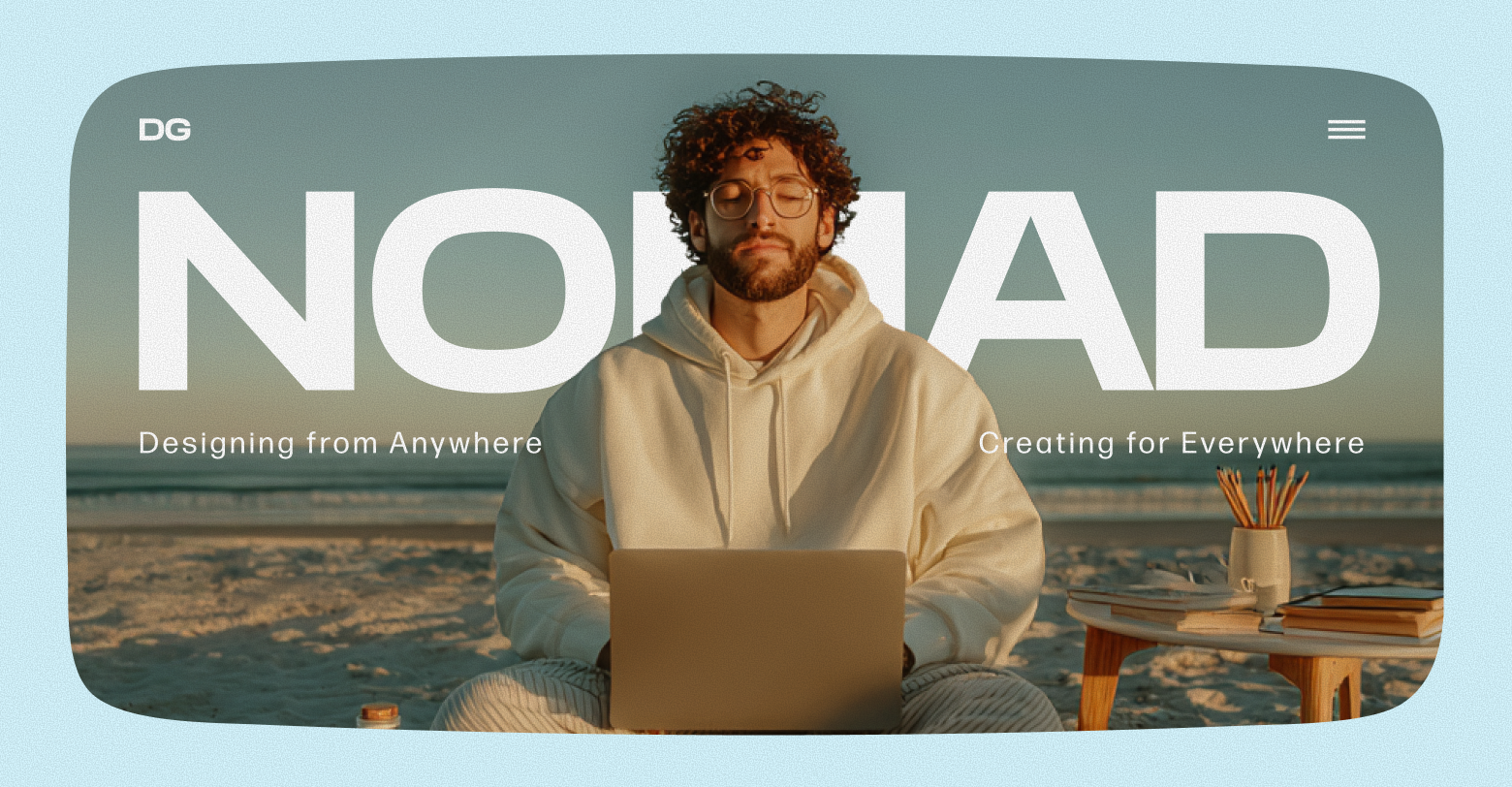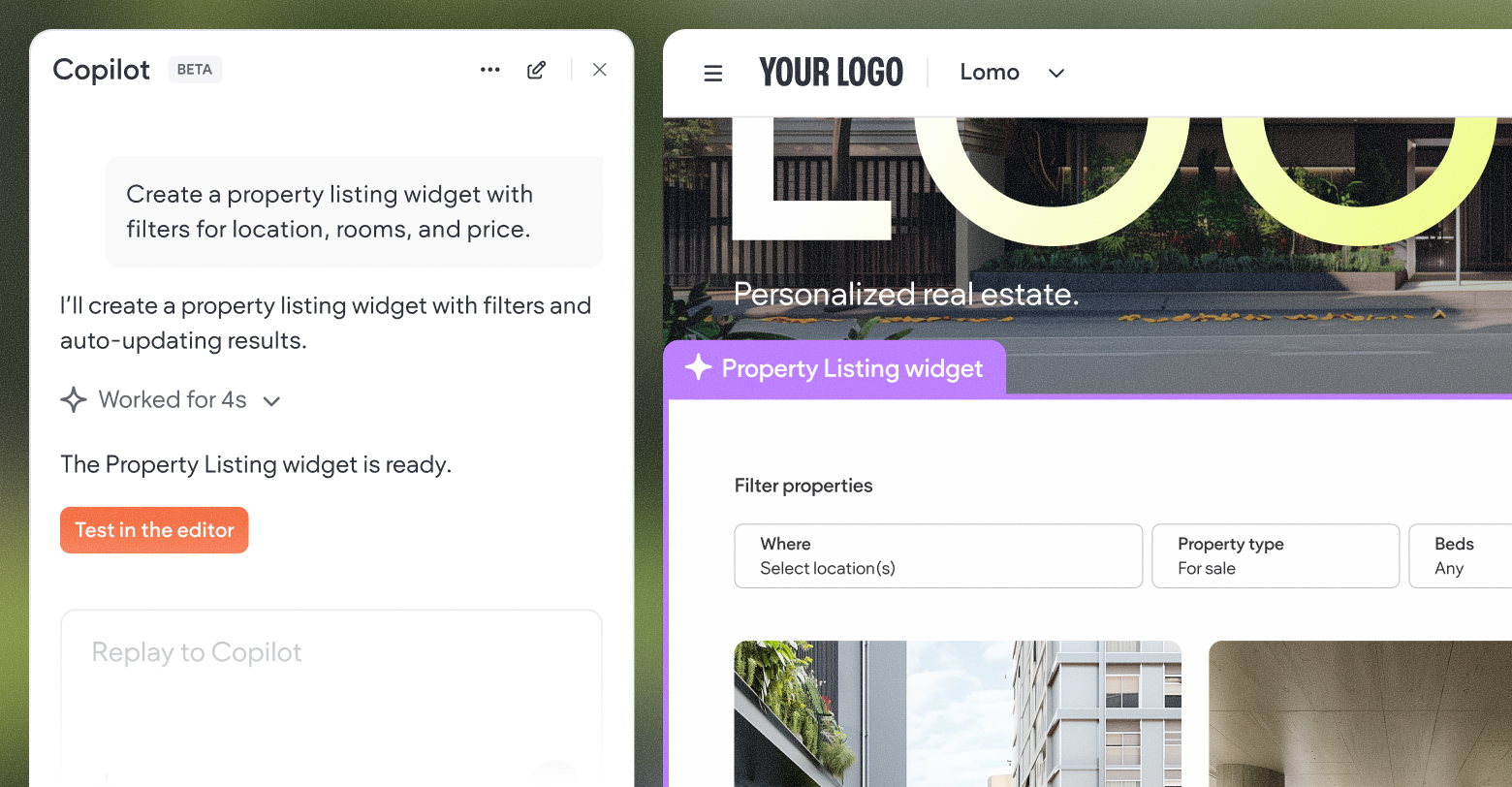For years,
Robert Tickner lived a life that seemed successful by most measures; steady income, clear career progression, and solid performance in a corporate sales role. But underneath, frustration brewed. After more than two decades in the same industry, he began to feel an unfamiliar anxiety, one that made even walking into the office unbearable. “I was hitting all my KPIs,” he said, “but I just had to get out.” In 2018, he finally did.
That decision marked the start of a very different kind of career. What began as a sabbatical to clear his head became a long journey into digital entrepreneurship, one that would eventually take him from Australia to Bali, Thailand, and beyond. Today, Tickner describes himself as a “micro-agency of one,” managing around a hundred client websites from wherever he happens to be, sometimes a bamboo café in the rice fields outside Ubud, sometimes a coworking space in Chiang Mai.
It’s a story of reinvention, but also of intentional design: a life built to balance flexibility, stability, and creativity in equal measure.
From corporate routine to creative autonomy
Tickner’s path to web design wasn’t a straight line. After leaving his job in sales, he took nearly a year to travel, reflect, and figure out what he wanted to do next. Like many digital nomads, he started by searching online for ways to make a living remotely. “I went down the YouTube rabbit hole,” he recalled. “Everything I’ve learned since then has been from YouTube, no courses, no mentors, just a lot of late nights watching tutorials.”
He experimented with affiliate marketing and dropshipping, both popular entry points for online entrepreneurs, but quickly realized they didn’t suit him. “I came from sales,” he said, “and the last thing I wanted to do was sell more stuff.” Instead, it was the process of building that drew him in. To pursue affiliate marketing or eCommerce, he needed a website, so he began learning how to create one.
That exploration led to a series of trials and errors with different platforms. “I built one on Squarespace. It was terrible,” he said with a laugh. “Built one on Wix. It was worse. Then I tried WordPress, and it was just too complicated. I wanted something simple.” That search eventually led him to Duda, a platform that offered the mix of simplicity and control he was looking for. “That’s how I stumbled onto Duda, and I’ve stuck with it ever since.”
The business of productizing creativity
As Tickner learned the ropes of building websites, he drew on his corporate background to structure his fledgling business differently from the start. He decided not to bill by the hour or negotiate bespoke projects. Instead, he productized his services, creating fixed website packages with clear features, benefits, and monthly plans. “That was just my mindset,” he said. “I came from sales, so I understood the importance of packaging things.”
In the beginning, he even built some websites for free to attract his first clients and prove the model. Over time, as word spread, he began charging modest fees and gradually grew his base. Today, every client is on a monthly plan. It’s a model that prioritizes recurring revenue over one-off projects, providing both financial predictability and creative freedom.
“When you work as a traditional freelancer, it’s unstable,” Tickner explained. “You do a job, you get paid, and maybe you never see that client again. I didn’t want that.” Instead, he thinks of his business like a slow-growing structure: “I always say I’m building Lego, every month I add a couple more blocks, and it just keeps growing.”
This approach has made his income remarkably steady for a solo operator. Alongside website maintenance, Tickner offers productized SEO services, with transparent pricing and three simple plans. “Doing SEO hand-in-hand with Duda websites works really well,” he said. “It’s another recurring layer that adds stability.”
Managing clients while globe-trotting
Running a business from multiple time zones poses its own challenges, especially when most of your clients are back home. For Tickner, 95 percent of his customers are based in Australia, with a handful in the U.S. That makes Europe, where he often travels, a logistical puzzle. “Daylight savings can make it really tricky,” he said. “Sometimes I’ve got just a one-hour window to catch everyone.”
To handle the gap, he set up a live answering service. “A real person picks up the phone when someone calls me,” he said. “They say, ‘Hey, it’s Rob’s office, he’ll call you back. What’s the best time?’ They filter out the junk and schedule real appointments.” The system allows him to maintain professionalism without being tethered to his phone.
Even so, Tickner says his clients rarely demand much attention. He attributes that to how he builds his sites, what he calls “revisionless websites.” The term, popularized within the Duda community, describes sites built so thoroughly and cleanly from the start that they require almost no back-and-forth changes. “I just get it right the first time,” he said. “After that, it’s usually small things like fixing a word or swapping an image.”
When a project is complete, he creates personalized video tutorials showing clients how to edit their own content. “I hand over the keys and say, ‘Here’s how you do it,’” he said. “That way, I don’t get constant emails about how to update a photo or add a blog post.” The result is a business that’s almost self-sustaining, one that gives him time to focus on learning and creativity.
“I probably only work two or three hours in the mornings,” he said. “That’s when I do my focused work. The afternoons are for what I call ‘play work,’ research, learning about AI and SEO, watching videos, just staying curious.”
A life designed around freedom
For Tickner, the appeal of digital nomadism isn’t just about travel, it’s also about balance. After decades of rigid corporate schedules, he’s built a routine that prioritizes flexibility and personal development. “I don’t work hard,” he said, pausing before clarifying. “I mean, I don’t overwork. I’m not about the hustle culture, but I’m not lazy either. It’s about finding the middle.”
That balance extends to how he chooses his destinations. His favorite spots are not necessarily the flashiest or most remote, but those that blend comfort, affordability, and inspiration. “Ubud in Bali is incredible,” he said. “I’m not talking about the center, it’s better ten or fifteen minutes out, where you’re surrounded by rice fields. You can hop on a scooter, grab your laptop, and head to a bamboo café with great Wi-Fi and fresh juice. You look up from your laptop and realize, this is my view.”
Another favorite is Chiang Mai, Thailand, which he calls “the digital nomad capital of Asia.” He loves the sense of community there—the meetups, coworking spaces, and the vibrant coffee scene. “Thailand has become the new coffee destination,” he said. “Chiang Mai has hundreds of cafés, each more beautiful than the last. It’s like walking into an architecture magazine.”
He also values Chiang Mai for its professional ecosystem. “I go there for the SEO conferences,” he said. “It probably has the best SEO community in the world. I’ve gone twice already and I’m heading back for my third time this year. You learn, you get motivated, and you meet people who get it.”
Lessons from the road
After several years of working remotely across continents, Tickner has developed a clear perspective on what makes the lifestyle sustainable. The first rule, he says, is commitment. “Don’t treat it like something you just try out,” he said. “It’s not a two-month experiment, it’s a lifestyle. Give it two or three years, at least.”
He also emphasizes community. During the early years of his journey, much of the world was under lockdown, leaving him isolated. “When I started, I didn’t know about meetups or groups,” he said. “Then COVID hit, and I missed out on that whole experience. I’d do it differently now.”
Today, he’s a firm believer in connecting, both with peers and with other professionals in the digital ecosystem. “There are so many communities out there,” he said. “Even now I keep discovering new ones, like SEO meetups in Barcelona. And you can connect with other integrators in the Duda network, companies like Paperform, for example. These are real people you can meet on LinkedIn or at conferences. That’s where the magic happens.”
Building a stable business in an unstable world
The idea of a stable digital nomad life may sound paradoxical, but for Tickner it’s central to his philosophy. “When people think about digital nomads, they imagine instability, always moving, never settled,” he said. “But my business is actually very stable. I know what’s coming in each month. That’s the beauty of productizing.”
By turning websites and SEO services into predictable monthly plans, Tickner has effectively created his own form of remote employment, one where he’s both the boss and the employee. He describes it as a blend of creativity and discipline. “It’s not about chasing clients nonstop,” he said. “It’s about building systems that let you breathe.”
That structure also gives him room to explore new technologies. “Right now I’m really interested in AI and how it’s reshaping SEO,” he said. “I spend a lot of time researching things like algorithmic optimization, content generation, and how to integrate those tools into what I offer.”
Rather than specializing in a single niche, Tickner prefers variety. “Everyone says pick a niche; just do plumber websites or electrician websites,” he said. “But I don’t want that. I like working with different clients, different challenges. That keeps it interesting.”
A quiet revolution in work design
What makes Tickner’s story compelling isn’t just his success as a digital nomad. Rather, it’s how deliberately he’s engineered it. His approach to work, clients, and learning reflects a broader shift in how professionals define success. Instead of chasing constant growth or prestige, he’s prioritized freedom, balance, and meaningful engagement with his craft.
He rejects the glorification of nonstop work that often accompanies entrepreneurship. “I’ve read all those books about working less or working smarter,” he said. “For me, it’s simpler: I just want to enjoy what I do and not be chained to it.”
Even his travel choices follow that logic. Rather than hopping between destinations every few weeks, he tends to settle in one place for several months, building routines that support productivity. “It’s not about running away from something,” he said. “It’s about running toward a better version of how I want to live.”
That mindset, he believes, is what separates a sustainable nomadic life from burnout disguised as freedom. “People think working remotely automatically means more freedom,” he said. “But if you’re still glued to your laptop twelve hours a day, you’ve just moved your office to a different country. You have to build systems that support the life you want.”
Looking forward
After three years of full-time travel, Tickner shows no signs of slowing down. His next stop is once again Chiang Mai, for another SEO conference and a chance to reconnect with the community that helped shape his journey. Beyond that, he’s exploring new ways to expand his offerings through automation and AI, always with the same philosophy of balance and simplicity.
Asked whether he ever misses the stability of his old corporate life, he shakes his head. “Not for a second,” he said. “This lifestyle isn’t for everyone, but for me, it’s perfect. I get to build things that last, help small businesses grow, and do it all while living the way I want.”
What began as a break from burnout has become something deeper, a carefully crafted balance of work, travel, and self-determination. “Sometimes,” he said, “I look up from my laptop and think, this is my office now. And that’s all the motivation I need.”







